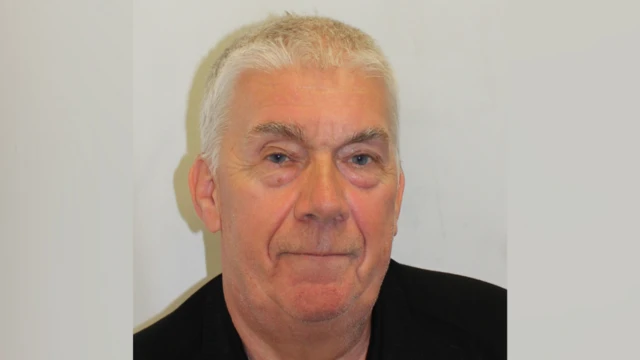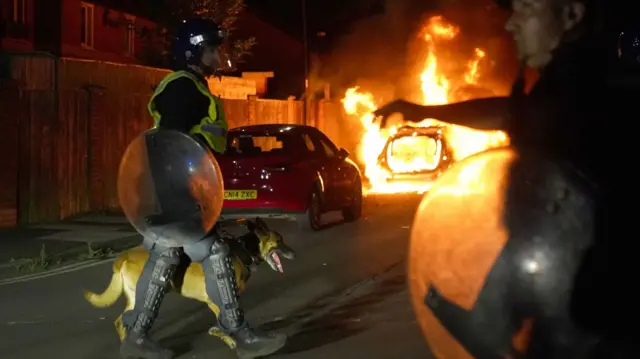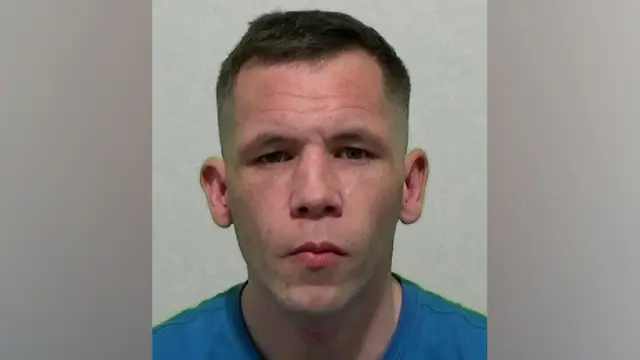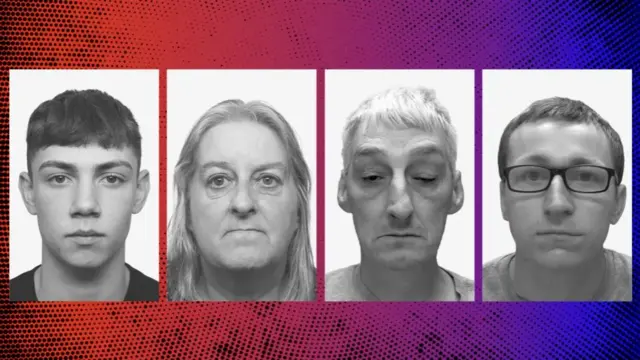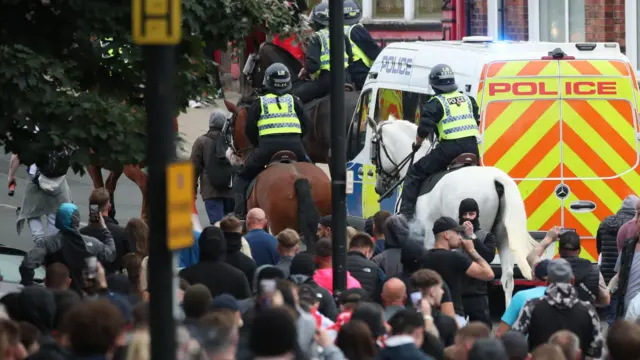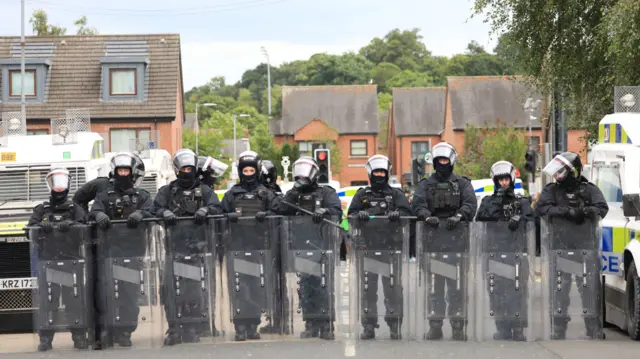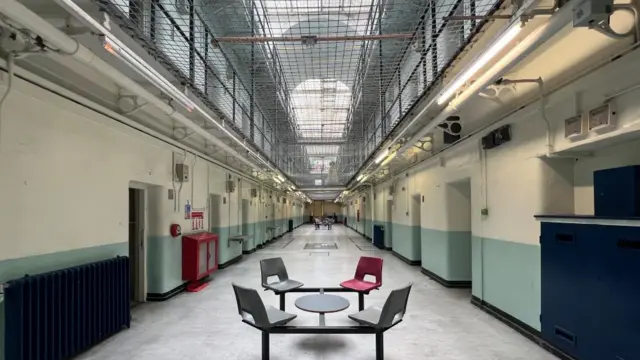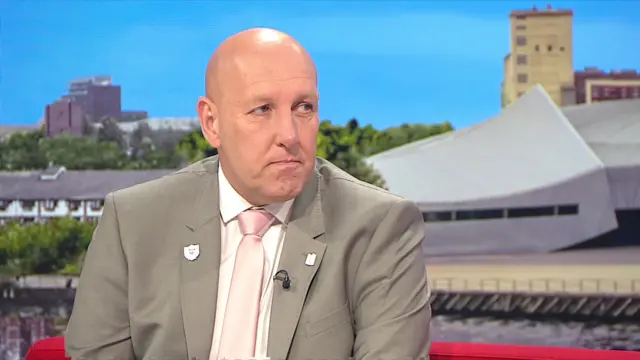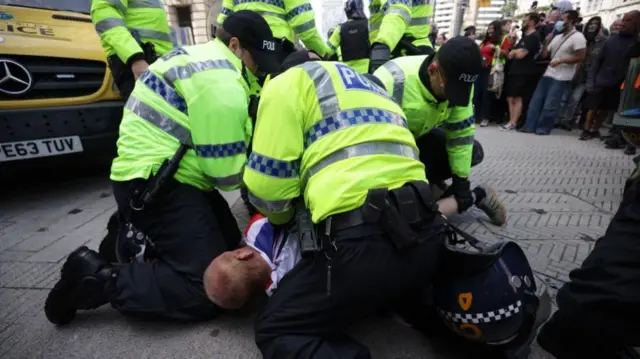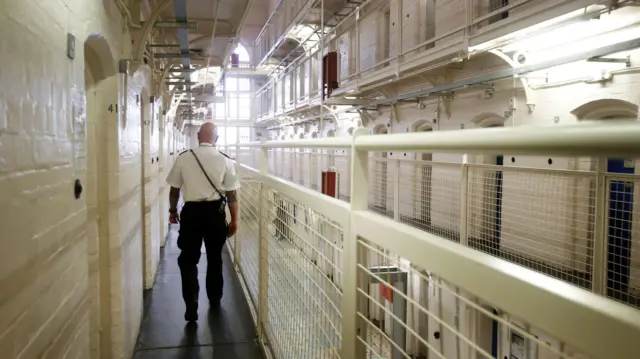
Prison overcrowding crisis has been 30 years in the makingpublished at 12:38 BST 19 August 2024
 Dominic Casciani
Dominic Casciani
Home and legal correspondent
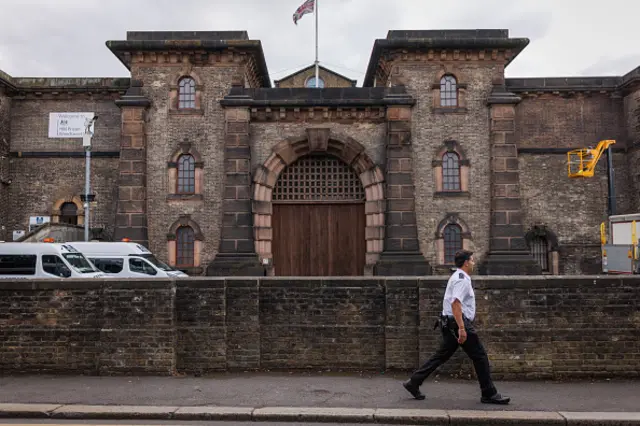 Image source, Getty Images
Image source, Getty ImagesThe prison overcrowding crisis has not been caused by the riots - it has been 30 years in the making. This may feel like ancient history but a series of political choices has meant this year’s crisis was coming.
Between 1993 and 2012, the prison population in England and Wales doubled to around 80,000 as Conservative and Labour governments introduced changes that led to more people being jailed. From around 1999, the average length of a sentence also grew.
About a third of all offenders leaving jail reoffend within a year - meaning many get imprisoned again - and that figure broadly doubles if someone is locked up for less than six months. So despite falling crime rates, the prison population has continued to grow.
All of this meant Boris Johnson’s government had to promise 20,000 new cells, external at a cost of £4bn - but that programme was massively behind schedule when the Tories lost power in July of this year.
Only 8,000 of the places will be ready by May 2025 - and at current rates of demand officials now worry they might not be enough anyway.
Cuts in funding for courts and judges, the Covid-19 pandemic and a loss of criminal lawyers because of poor pay have created exceptional backlogs in prosecutions.
This means a record 17,000 of those now in jail are simply being warehoused, waiting for a trial. If they need help getting over a criminal past, they can’t get it until they’re convicted.
And that’s why most experts say Sir Keir Starmer’s government must come up with a generational shift in what jails are for and how rehabilitation is delivered if a circular crisis is ever going to be solved.
